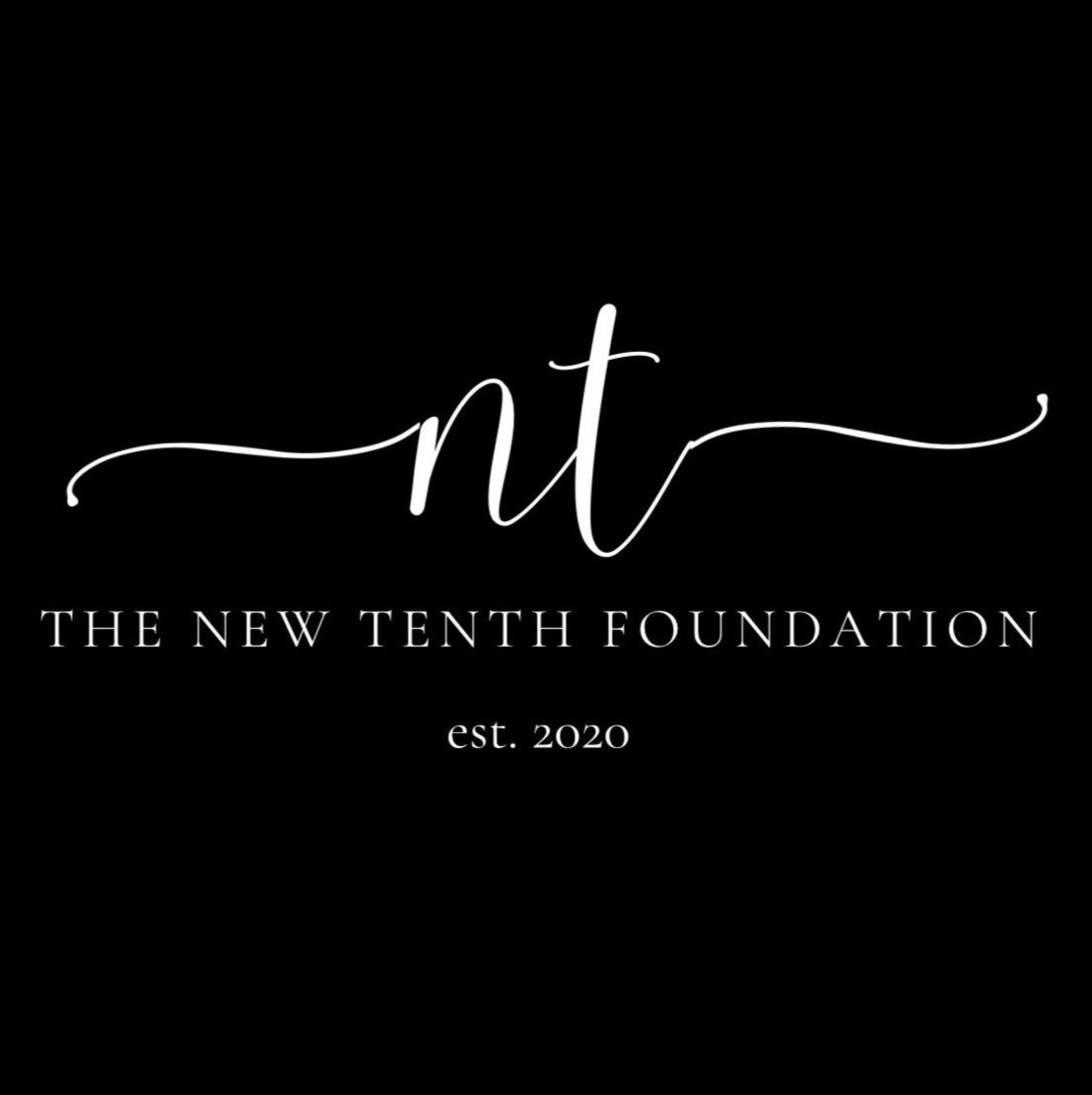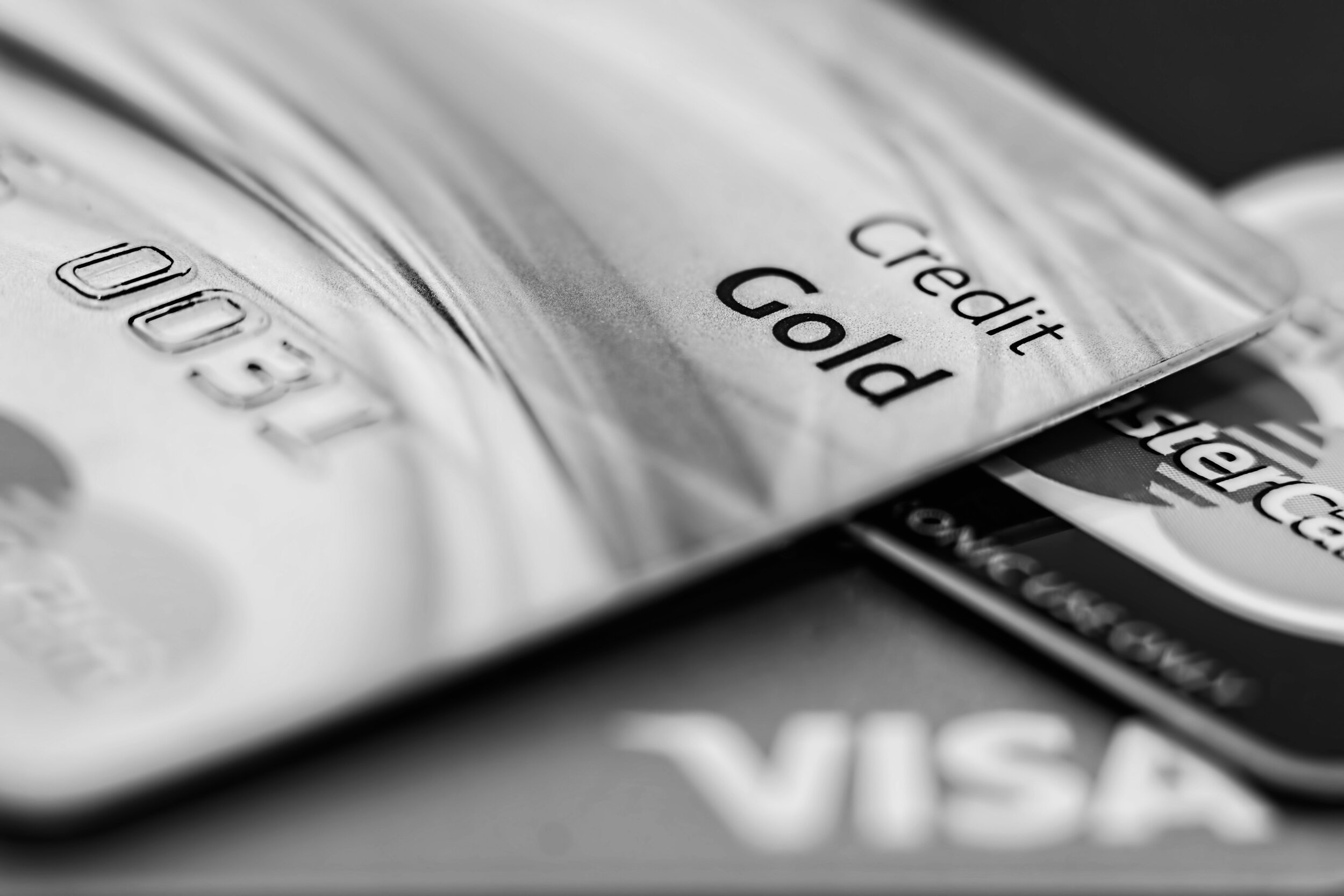Financial Literacy & Investments
The Freedman’s Bank: A Legacy of Promise and Betrayal
In 1865, as the Civil War neared its end, President Abraham Lincoln and Congress established the Freedman’s Bank—a bold experiment in economic justice. Its mission: to help four million newly freed Black Americans claim their financial future through savings, literacy, and self-determination.
For a time, it worked. With 37 branches across 17 states, the bank held $57 million (today’s value)from 70,000 depositors—people who trusted the system with their first wages, hopes, and dreams.
Then, betrayal.
After Lincoln’s assassination, the bank became a casualty of corruption and Reconstruction’s collapse. When Frederick Douglass took leadership in 1874, he discovered rotten foundations—reckless investments, stolen funds, and a system designed to fail its people. Despite injecting $10,000 of his own money (a fortune at the time), he couldn’t save it. The bank’s collapse left generations distrustful of financial institutions—a wound still unhealed.
Yet its records endure.
The Freedman’s Bank archives are now a sacred ledger of Black resilience: names, families, and stories of those who dared to believe in freedom’s promise. These documents are more than history—they’re a roadmap for reclaiming economic power.
The Unfinished Work
Lincoln understood: financial literacy is liberation. Yet today, the racial wealth gap persists—not by accident, but by design.
Black households face lower median incomes, higher debt burdens, and less access to wealth-building tools.
On financial literacy tests, Black Americans score 38% correct vs. 55% for whites—with dire gaps in investing, risk management, and insurance.
The consequences? Fewer safety nets, fewer assets, and systemic exclusion from prosperity.
As financial justice leader Jesús Gerena reminds us:
"Economic equity isn’t about handouts—it’s about handing back power. When we arm communities with knowledge and capital, we don’t just change lives. We change history."
Our Mission: Rewriting the Story
We honor the Freedman’s Bank by finishing its work—equipping the next generation with the "Four Cornerstones of Financial Freedom":
Budgeting for Savings – "Where does my money go—and how can it work for me?"
Debt Reduction & Asset Building – "How do I escape the debt trap and grow wealth?"
Credit & Consumer Power – "How do I build credit—and shield myself from predators?"
Institutional Literacy – "How do I navigate banks, taxes, and insurance without fear?"
We answer the questions too many are never taught:
How do I turn wages into wealth?
How do I prepare for emergencies—or my children’s future?
How do I spot exploitation—and fight back?
This is more than education. It’s economic justice in action.
Join the Movement
The Freedman’s Bank’s failure taught us: financial systems won’t save us—we must save ourselves.
Here’s how you can act:
For Youth: Enroll in our Financial Freedom Bootcamp
For Allies: Donate to fund scholarships for Black students
For Everyone: Share this page with #NewTenthRising
Together, we’ll build a future where wealth isn’t hoarded—but shared.
This time, we won’t be betrayed.







